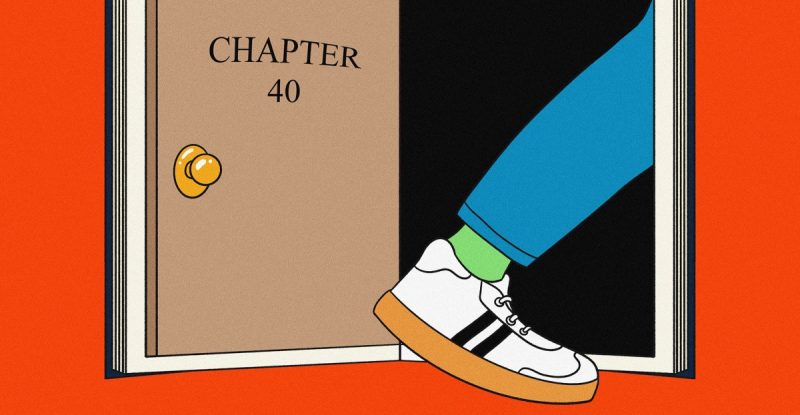
The classic midlife crisis—red sports car, younger girlfriend, questionable hair choices—is a tired trope. But as millennials hit their 40s, a new kind of midlife reckoning is emerging. It’s less about a dramatic implosion and more about a quiet, sometimes unsettling, reassessment.
Forget the flashy escape; for many millennials, the financial realities of homeownership, family life, and crippling student debt make such a dramatic exit impossible. This generation, raised on self-expression and mental health awareness, is navigating midlife with a different approach. Instead of impulsive acts of rebellion, we see a focus on personal growth, whether that’s through a fitness journey, a career change, or embracing previously hidden aspects of their identities.
This isn’t to say that the anxieties of aging aren’t present. The creeping awareness of mortality remains a potent force, but it’s often intertwined with other concerns. Economic instability, stemming from the 2008 financial crisis and the COVID-19 recession, has created a generation facing unprecedented financial pressures. Many millennials are grappling with the feeling that they haven’t reached the traditional milestones of success, leading to feelings of wistfulness and uncertainty about the future.
One millennial, Sam (who prefers to remain anonymous), shares her experience of coming out as bisexual, changing careers, and getting numerous tattoos in recent years. While these changes are positive, they’ve also been accompanied by a sense of unease and a longing for stability. Sam’s story highlights the complexities of millennial midlife: a desire for personal fulfillment alongside a yearning for security and a recognition that life’s path is rarely linear.
Experts like Hollen Reischer, a professor who studies the search for meaning in life, emphasize that the stereotypical midlife crisis is largely a myth. The image of the man abandoning his family for a younger woman and a fast car serves as a projection of our fears about aging and loss. Millennials, however, seem better equipped to address these anxieties in a healthier manner.
The impact of societal expectations also plays a role. Millennials have been told to work hard, to “lean in,” and to achieve success according to a specific timeline. Yet, the reality has often fallen short of these expectations, leading to burnout and a reassessment of career paths. The pandemic, in particular, served as a catalyst for many to re-evaluate their priorities, questioning the value of relentless work in the face of personal well-being.
For some, this re-evaluation manifests as a commitment to fitness. The intense training regimens of events like HyRox, appealing to those in their late 30s, provide a sense of control and accomplishment in a world that often feels chaotic. Others prioritize self-care, focusing on mental health and personal growth. Still others are making bold career shifts, choosing fulfillment over financial security.
The millennial midlife experience is characterized by a unique set of challenges and opportunities. Economic uncertainty, societal pressures, and the lingering anxieties of aging are all at play. Yet, there’s also a growing recognition that midlife can be a time of profound growth and self-discovery. By embracing vulnerability, seeking support, and redefining success on their own terms, millennials are shaping a new narrative for midlife, one that is less about crisis and more about conscious evolution.
Ultimately, the millennial midlife journey isn’t about escaping the past but about integrating it into a richer, more authentic future. It’s about accepting the uncertainties, embracing the changes, and finding meaning in the ongoing story of life.










